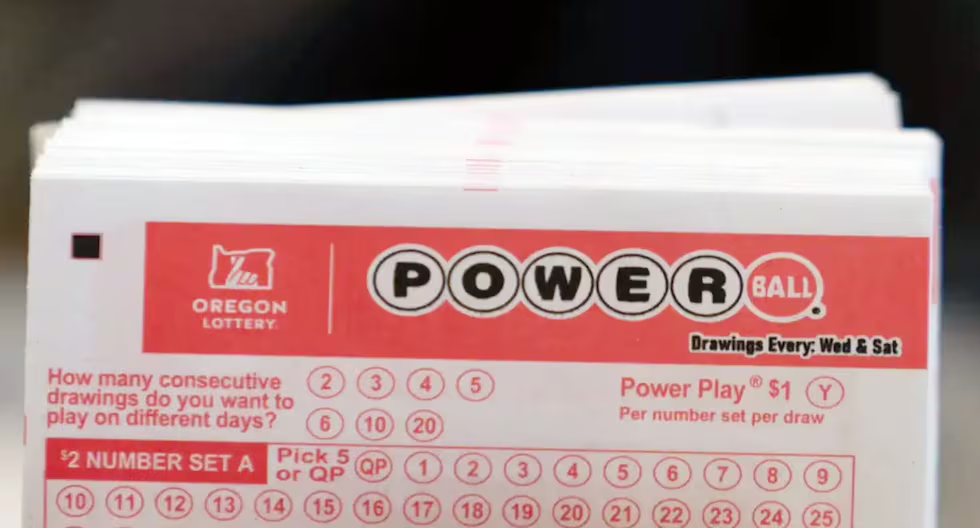When you place a bet, you’re not just predicting the outcome of a single game, you’re also weighing up history, patterns, and probabilities. Sports have a long memory, and so do bookmakers. Every set of odds carries traces of past performances, head-to-head records, and market reactions. For bettors, looking back at historical scores and odds is more than a stats exercise, it’s a way of learning how teams, players, and even betting markets behave over time. Understanding these patterns can sharpen your instincts, highlight value, and sometimes reveal where the market might be over- or underestimating a side.
Why history matters in betting
Bookmakers don’t set odds in a vacuum. Every price is influenced by how teams have performed in the past, both overall and against specific opponents. A club’s home record, a tennis player’s history on clay, or an NFL team’s performance in December cold weather all factor into the line you see. Historical scores show how often certain scenarios repeat, while odds reflect how the market has adjusted to those outcomes over time. Bettors who spot mismatches between history and current pricing can find valuable opportunities.
Also Read: Soon, Nebraska will launch a campaign to legalize online gambling.
Spotting recurring patterns
One of the most common lessons from past data is the consistency of trends. For example, in football (soccer), teams with dominant home records tend to retain them season after season, while basketball underdogs may regularly cover spreads in specific matchups. Tracking these patterns through historical scores and odds allows bettors to test whether a trend is reliable or simply a short-term fluke.
The role of market memory
Markets themselves have memory. When a team develops a reputation—whether for late comebacks, high-scoring games, or strong defenses, odds adjust accordingly. This can create opportunities for savvy bettors who know when a reputation is lagging behind reality. By comparing historical odds to outcomes, bettors can see how perceptions shift and where the market may have overreacted.
Also read: Cashback promos in sportsbooks: Are they worth it? Here are all pros and cons
Avoiding common traps
While history is useful, it’s not a crystal ball. Blindly betting based on past scores can lead to overconfidence. Injuries, coaching changes, or new player signings can shift dynamics overnight. The best bettors use historical scores and odds as context, not as guarantees. It’s about balance: understanding how much weight to give history without ignoring present conditions.
Building a long-term edge
Successful betting isn’t about one-off wins; it’s about sustainable strategy. Analysing historical scores and odds helps bettors create systems, test ideas, and manage bankrolls with more discipline. Whether you’re evaluating how often underdogs beat the spread in certain leagues or how totals perform in derby matches, history offers a framework for making better-informed decisions.
Historical scores and odds provide valuable insight into betting markets, but they work best when combined with current analysis. For bettors willing to study patterns and spot where odds don’t align with history, the past can become a powerful tool for predicting the future.
FAQs
1. What do historical scores and odds mean in betting?
Historical scores and odds refer to past match results and the betting lines that were offered for those games. Bettors use them to identify patterns, trends, and market movements.
2. How can past trends help me as a bettor?
Past trends highlight how teams or players have performed in similar situations before. By studying them, you can see whether bookmakers might be overpricing or underpricing certain outcomes.
3. Should I only rely on historical data when betting?
No. While historical scores and odds provide context, current factors like injuries, form, and tactical changes are equally important. The best betting strategies blend past data with present conditions.
4. Do bookmakers use historical scores when setting odds?
Yes. Bookmakers heavily rely on past performance data—along with stats, player conditions, and betting volume—to shape their odds.
5. Can I find value bets through historical analysis?
Absolutely. By spotting trends that the market has overlooked or undervalued, you can identify situations where the odds don’t match the likely outcome.
6. Is analysing historical scores useful for all sports?
Yes, but the impact varies. In sports like baseball or cricket with long seasons and detailed stats, trends are more reliable. In knockout tournaments or one-off events, past data may be less predictive.
7. How often should bettors look at historical odds?
Consistently. Reviewing historical odds alongside results helps you track whether markets have overreacted, stayed steady, or shifted in ways that could create betting opportunities.








